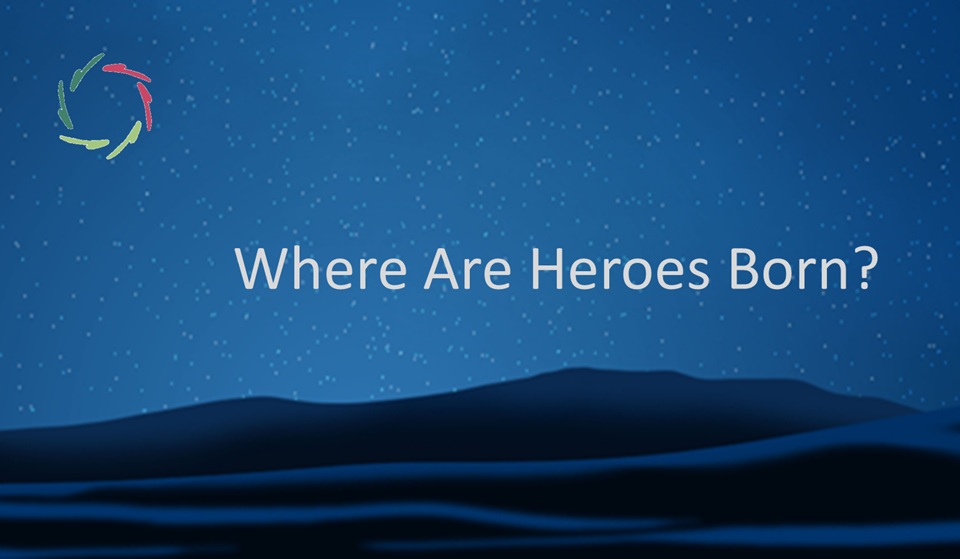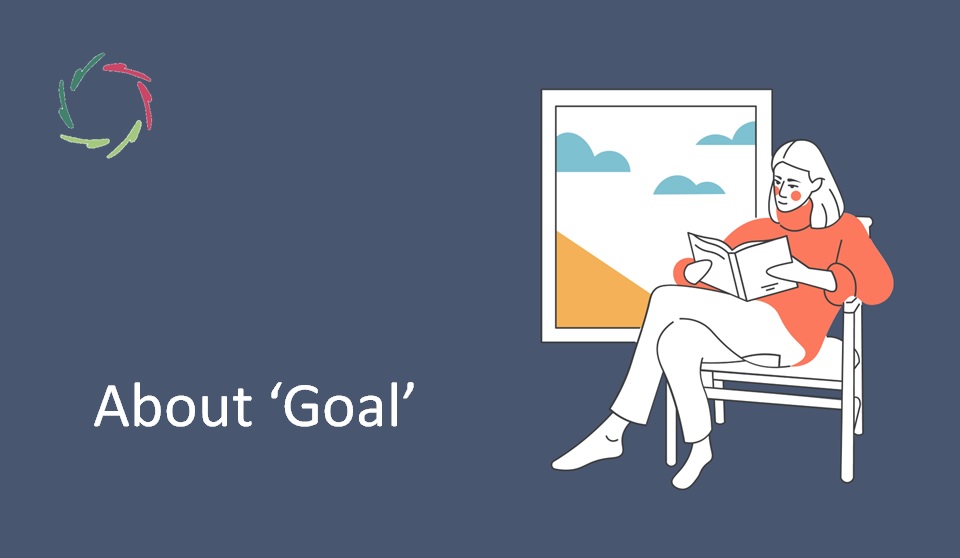Popperian vs. Kuhnian

Karl Popper and Thomas Kuhn were two heavyweights in the thinking-about-science of the 20th century. Popper saw scientific progress as a gradual drifting. Kuhn added to this a sudden shifting — as in ‘paradigm shift.’
One can broaden this dichotomy to thinking in general.
Many people are continually inclined, in their thinking, to go from a to b to c and so on. Given the mental-neuronal processing (MNP) flow at the subconceptual (mainly non-conscious) level, this is a natural way — nothing wrong with that.
Others are more inclined toward a sudden shift from time to time. This comes on top of the drifting. At the MNP level, they can go from one configuration (pattern) to the next in a sudden jump. Thus, they tend to make associations that Popperian thinkers cannot always easily follow — nothing wrong with one or the other.
This says the Kuhnian thinker.
Indeed, someone like me loves the shifting as much as the drifting — or even more.
There is a specific sense of accomplishment in the shift. It often comes as a surprise, especially when the shifting happens while writing. This aspect of inspiration is known to many writers or other creators. It can feel as if the creation is done by someone else. At the same time, one feels that it comes from a deeper level — therefore, from who one more truly and effectively is.
From the deeper self, if you like.
It’s interesting for both kinds of people to know that different styles exist.
In reality, of course, there is a continuum. Nature seldom likes neat categories. Still, one may be rather at one end and not comprehend the other. This divide can have relational and more social, even political consequences.
For instance, the shifting may feel unreal, etheric, or provoke some anxiety in the drifter. On the other hand, the exclusively drifting may feel dull, unsophisticated, or even backward to the shifter.
Do you also see in this the difference between conservative and progressive?
Stronger together
Of course, bringing shifters and drifters on the same line is not always easy.
Still, getting to know each other better may aid in being more lenient with each other. Instead of a continual fight, both can see the other as having specific advantages. In working together, these advantages can be materialized into a better world.
Extremes are more challenging.
On the shifting side, associations can suffer the loss of connection altogether. The extreme of this can lead to hallucinations or an acute bout of psychosis.
On the drifting side, the extreme can lead to exaggerated numbness — whether comfortable or not. It’s a life that one may eventually feel as not worth living. Trying to escape (as in some addiction) may work for a while but with huge disadvantages.
It’s especially interesting to see these extremes as the endpoints of a normal continuum.
This may help extreme drifters and shifters not to get lost. They can even learn to deal more constructively with their ‘gifts.’ This may help them attain a more balanced life — also together.
There is much work for coaching.


